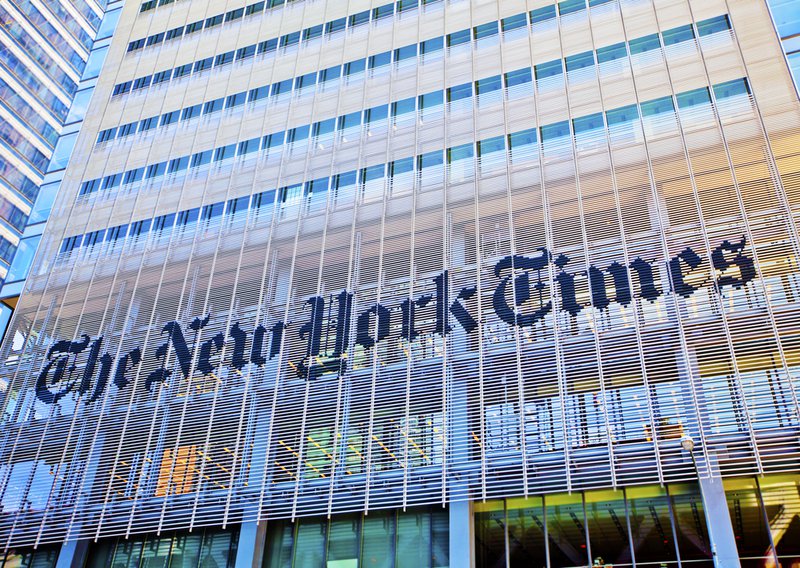The Agony and the Ecstasy of Richard Holbrooke
In The News Piece in New York Times

Stuart Monk / Shutterstock.com
May 7, 2019
George Packer's book Our Man was reviewed in the New York Times.
There’s something telling about the fact that Our Man, George Packer’s hefty, dishy biography of the American diplomat Richard Holbrooke, clocks in at more than 500 pages without the courtesy of an index. This isn’t a book you’re supposed to dip into piecemeal, searching for information; it’s best appreciated like a novel, consumed whole.
Much like Holbrooke himself, who died in 2010 at 69, Packer’s book is charming, brilliant, cocksure and exasperating. “If you cut out the destructive element,” Packer writes of his subject, “you would kill the thing that made him almost great.” The same apparently goes for the country whose interests Holbrooke pledged to represent. Lamenting the end of the American century — or what was “really just a little more than half a century, and that was the span of Holbrooke’s life” — Packer gets nostalgic: “It wasn’t a golden age, there was plenty of folly and wrong, but I already miss it. The best about us was inseparable from the worst.”
Packer, a longtime staff writer for The New Yorker before moving to The Atlantic, considered Holbrooke a friend. The two men shared a “liberal internationalist” sensibility and an ardent faith in the salutary effects of American-led humanitarian intervention — in the notion that human suffering in far-off places compelled the United States to “do something.”